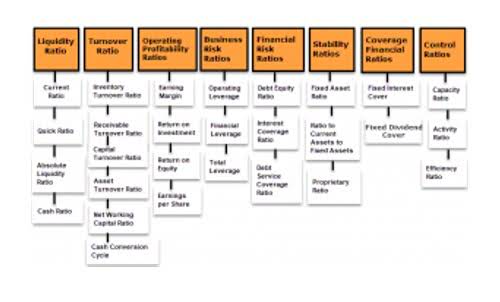
If you’ve owned your own small business for any length of time, you know how important it is to keep accurate financial records. Not only is it wise to know how well your company is doing overall, but it’s the only way to stay legally compliant with industry and tax laws. If you are still determining whether your company could benefit from hiring bookkeepers and accountants, you can reach out to Mazuma. They have online accountants and bookkeepers who will guide you in building and growing a profitable business. Accounting procedures and jobs vary depending on where they are working and their education type.
- Accountants’ qualifications depend on their experience, licenses and certifications.
- As a business leader, you should have a good idea of which professionals best suit the needs of your company.
- Accountants also perform overviews of the financial operations of a business to help it run efficiently.
- The accountant will then compile a report about the business’s financial standing.
- They have online accountants and bookkeepers who will guide you in building and growing a profitable business.
- Nearly all bookkeeping is done using computerized accounting software and programs, so bookkeepers should be comfortable learning new technology if not proficient in it.
To become a certified public accountant (CPA), an accountant must meet the requirements of the state they reside in and pass the Uniform CPA exam. As you can see, there often isn’t a certain size a small business must get to know that hiring a bookkeeping and accounting professional is necessary. If you’ve been on the fence about making a move, but you aren’t sure, a good sign that it’s time to explore this avenue is that you feel increasingly uncertain about the integrity of your books or records. Yes, a bookkeeper can become an accountant through further education, training, and professional development.
What credentials does an accountant need?
This has freed bookkeepers from much of the traditional data-entry work, letting them step into more of an advisory role. Since bookkeepers often know their clients’ businesses in intimate detail, this shift makes intuitive sense. Check out our reviews of the best accounting software for small businesses so you can create invoices, record payments, collect receivables and run reports that help you manage your financial health. Still stumped on how to handle bookkeeping vs. accounting tasks for your small business? Small business accounting software like QuickBooks helps you track your business finances all in one place, making it easily accessible to you and your accounting team. As your business grows, it’s important to invest in professionals who can keep your accounting system on track, free up your time, and help you make better decisions for your business.

Our best expert advice on how to grow your business — from attracting new customers to keeping existing customers happy and having the capital to do it. AccountsBalance is a monthly bookkeeping service specialized for agencies & SAAS companies. Because most lenders want your company to have been in business for at least six months in order to qualify for a loan, a traditional small business loan may not work for all startups.
Meet Top Certified Financial Advisors Near You
An accountant evaluates and summarizes a business’s financial activities, offering advice on cost reduction, revenue increase, and profit improvement. As a business evolves, so too might the need for more complex financial oversight, prompting a shift from relying on a bookkeeper to needing the services of an accountant. In many cases, a bookkeeper may not need a bachelor’s degree, as skills can be learned on the job or through a basic course. However, a keen eye for detail, solid math skills, and a methodical approach to their work are essential traits for successful bookkeepers. When deciding whether you should hire an accountant vs a bookkeeper, the answer will depend on what kind of help your business needs.
In some states, a person must be a CPA in order to refer to themselves as accountants. As the tax code increases in complexity, tax resolution has become a popular focus with many accountants. Also, since accountants are typically knowledgeable about their clients’ personal financial situation as well as their business situation, some are becoming tax coaches and certified financial planners. The NACPB offers credentials to bookkeepers who pass tests for small business accounting, small business financial management, bookkeeping and payroll.
Bookkeeping vs. Accounting: What’s the Difference?
The actual day-to-day tasks for an accountant will depend largely on their specific qualifications and on the needs of the company. Although each position will work toward the goal of helping your company thrive financially, each has its own pros and cons. The first step in most accounting careers is an apprenticeship or a junior position, where they will gain the expertise required for a successful career. To become a chartered accountant in the UK, you must hold at least an AAT qualification but will be expected to progress to ACCA, ACA, or CIMA qualifications over time.
It’s the bookkeeper’s task to record all the sales and purchases the business made in the ledger and to provide the supporting documents needed. Ultimately, what strengthens your credentials are sufficient experience and a good track record, either in bookkeeping or accounting. Accountants are largely responsible for the financial health accounting vs bookkeeping of a business. If they notice expenses are going over budget or under budget, they can look into what’s causing this discrepancy and make recommendations to resolve these problems. A financial professional will offer guidance based on the information provided and offer a no-obligation call to better understand your situation.
